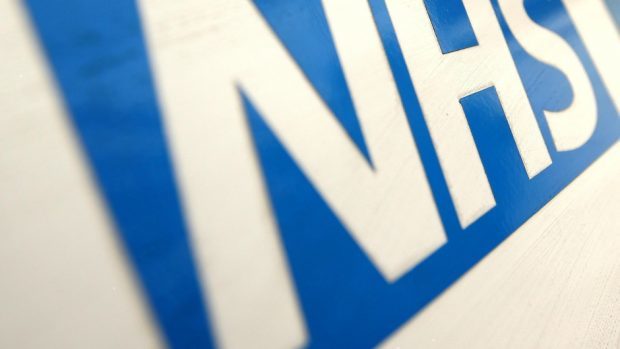More than 45 million hours have been lost due to under-pressure NHS staff across Scotland going off sick.
Mental health issues have been cited as the number one cause, such as anxiety, stress and depression.
Last night the Scottish Liberal Democrats called on the Scottish Government to “think again” about its waiting time targets that are heaping pressure on staff working in “pressure cooker conditions”.
The figures, obtained by the party, reveal that since 2016, 45,066,655 hours of staff time has been lost to illness. This has risen from 11.6 m hours in 2016 to 13.7 m hours in 2018.
The data also revealed that 12 out of 14 health boards cited “anxiety, stress, depression and other psychiatric illnesses” as the most common reason for absence.
Alex Cole-Hamilton, the Scottish Lib Dem’s health spokesman, said: “These figures reveal the toll that mental health is having on the very staff who have dedicated their careers to looking after others.
“The fact that the number one reason for staff absence is mental health conditions should make the Scottish Government pause and think again.
“The SNP’s waiting time improvement plan has been a total failure. It does not take a brain surgeon to work out that you will not improve performance when staff are forced to work in pressure cooker conditions shift after shift.”
According to the figures, NHS Highland has noted a rise in the number of absences, going from 807, 634 hours in 2016 to 836,743 in 2018.
Meanwhile in the Western Isles, the numbers jumped from 45,635 hours to 89,944 during the same period.
However, Grampian’s absence figures have fallen by more than half from 1,143,713 hours in 2016 to 577,528 in 2018.
The island health boards also recorded a drop during that same period.

In Shetland, the number fell from 57,164 hours to 44,007, while in Orkney it dropped from 51,821 to 50,426.
Last night, a Scottish Government spokesman said: “NHS Scotland sickness absence rates have remained broadly stable since 2007.
“Those working across our NHS do a tremendous job in what can be exceptionally challenging circumstances.
“Their safety and well-being is of the highest priority and we continue to engage with medical staff to agree further changes to ensure that staff are well rested, fit for work and achieve a good work/life balance.
“Mental health is just as important as physical health, and everyone should be able to access the right help and support when they need it.
“Health boards provide a wide range of services that support the psychological well-being of staff, including counselling, employee assistance programmes, and occupational health support.
“We are working in partnership with the BMA and health boards to continuously improve the working lives of our medical staff.”
